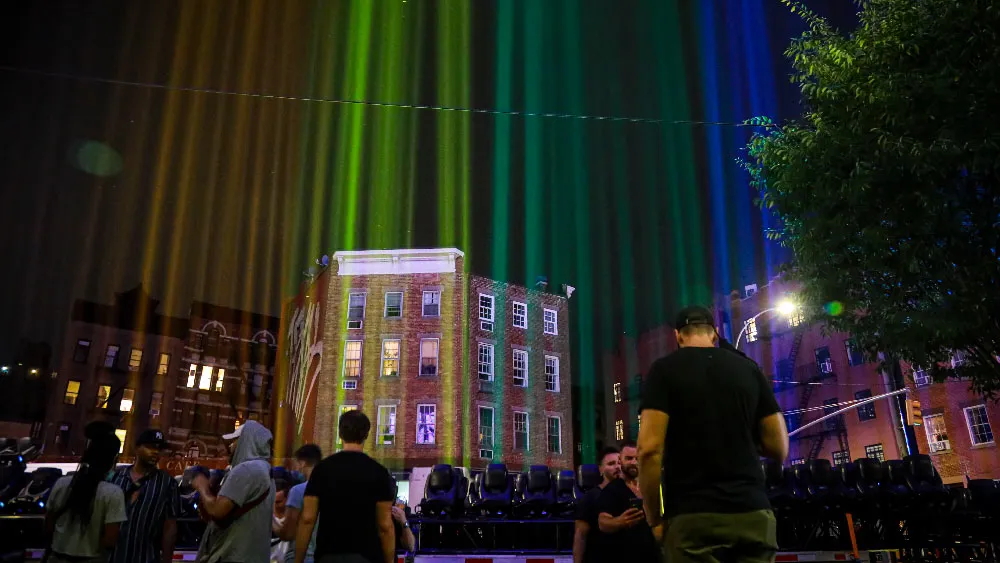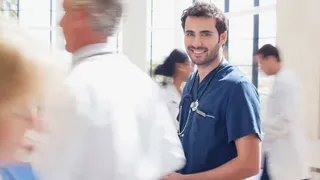June 2, 2015
Gendernauts Provides Healthy Options to High Schoolers Coming Out
Christine Malcom READ TIME: 5 MIN.
From high-profile tragedies, such as the suicide of Leelah Alcorn, to a major study published in January in the "Journal of Adolescent Health," risks faced by transgender and gender non-conforming youth have recently received much-needed, long-overdue attention.
This summer, gender-exploring youth in and around Chicago's north suburbs will have a new resource: Gendernauts, an eight-session social support group that welcomes high school students, "Who identify as transgender (male-to-female; female-to-male), androgynous, gender non-conforming, gender-queer, or those teens who are simply questioning their gender."
The pilot program is a collaboration between the Juniper Center in Park Ridge, where the meetings will be held Friday evenings from 5:30 to 7 p.m., June 19 through August 7, and Chicago Counseling Associates.
"[Juniper] and CCA share a welcoming, affirming ethos, and clinicians on both staffs have specialties that led to us identifying a need in the community out in the suburbs," said Simon Weismantel, LSW, of the Juniper Center.
He and CCA-based co-facilitator, Bonn Wade, LCSW, bring two decades worth of experience each working with and advocating for trans- and gender-nonconforming people. Both emphasize a strengths-based approach with a population almost exclusively discussed in terms of vulnerabilities.
"I work and have worked with so many brilliant young people. We're looking to help create more brave, safe spaces where they can find community, build relationships and grow into who they are as young people and find the strength, joy and brilliance they bring to the world," said Wade.
Wade and Weismantel have compiled a loose series of core topics for the sessions. These include how to come out and to whom, what the process entails, negotiating relationships with peers, teachers and administrators, navigating dating and gender-segregated spaces, as well as explorations of gender expression and body image.
"It's important to have a space that's separated out, where you have time to drill down into what it's like to have a gender identity that's different from their natal sex. It's important for these youth to know they're not the only ones... to have experiences with people like themselves," Weismantel noted.
Over and above a framework of topics that has emerged out of clinical experience, the group is designed to be flexible and accommodate the needs and concerns of participants. Wade underscored the importance of a horizontal approach.
"We want to create space for young folks to bring any of the things they're hoping to grow in their lives to the group itself. As adults who aspire to be allies to young people, it's important for us to work alongside them. There's power when we come together and transformation that happens on all sides," they said.
Accompanying this flexibility is a structured series of practices that Wade noted is equally crucial to maintain the "brave, safe space," that is "not therapy, but therapeutic." To achieve this, the group will employ "grounding rituals" that remain constant from week to week.
"The way that we greet people, sharing preferred gender pronouns, a check-out process and a conflict resolution mechanism called 'clearing.' We set the group up with intention. This framework creates a space where young folks can experience validation. They don't have to prove themselves, and that allows us to optimize the time," said Wade.
Hoping to attract a group of between six and ten individuals, the Gendernauts outreach strategy has focused on getting information out to staff at schools, health and medical centers and a variety of support and advocacy groups for youth in general and trans youth, specifically.
"We plan to run the group regardless [of enrollment]. We're thinking of it as a pilot program, and even if help two youth form a friendship and feel supported, we'll consider that a success and build on it," said Weismantel.
He added that he's confident both the time and place are right for the group to attract members eager for the kind of supportive, growth-promoting environment they are committed to creating.
"Within the city, places like Howard Brown, Broadway Youth Center and Center on Halsted are more accessible. There isn't the same level of access in the north suburbs," said Weismantel. "Part of the decision to launch now was about providing support over the summer. Many youth have positive experiences with gay-straight alliances or supportive social workers during the school year. We have a chance to fill a gap."
Both facilitators spoke enthusiastically about plans to replicate the Gendernauts group in the future and in various locations. With an eye to recruitment for both the pilot group and future endeavors, they urge youth and their families to reach out for further information on the program.
"We see this group as the first of many. From here, we'll build, improve and tweak," said Wade. "My hope is that we constantly rethink how we work together as youth and adults, we partner with each other. Don't hesitate to reach out if you're unsure [if the group is a good fit]. Give us a call and talk things through."
For information, call 312-799-9311 or email [email protected]
Christine Malcom is a Lecturer in Anthropology at Roosevelt University and Adjunct Faculty in Liberal Arts and Visual and Critical Studies at the School of the Art Institute of Chicago. She is a physical anthropologist, theater geek, and all-around pop culture enthusiast.




